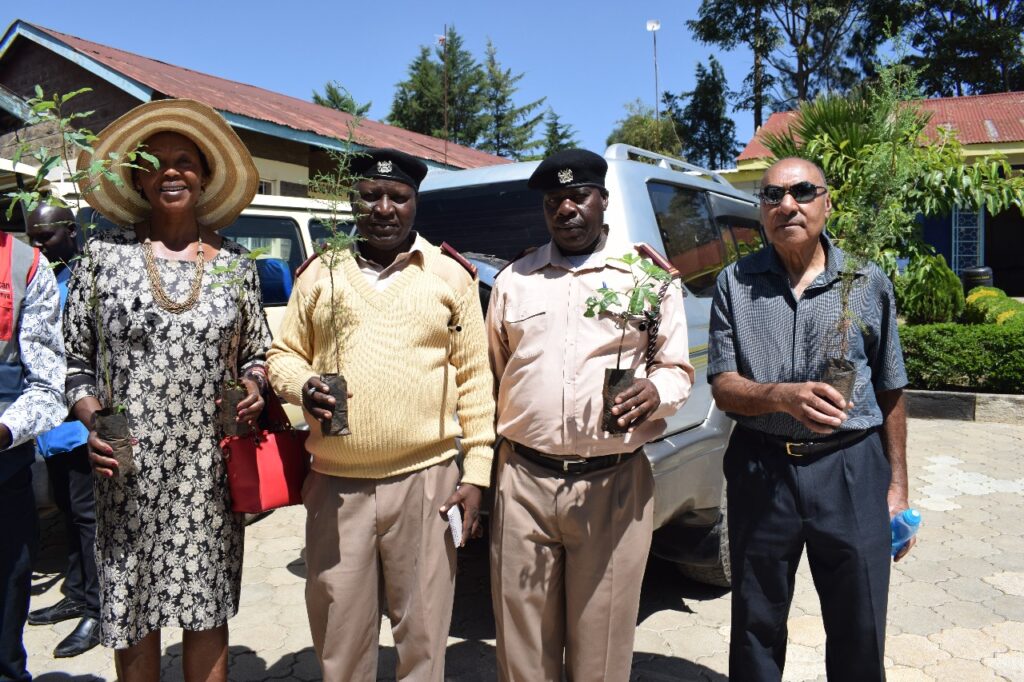Community Peace Dialogues
Community Peace Dialogues
We create structured spaces where different groups can discuss climate challenges, resolve conflicts, and develop resource-sharing agreements.
Our Approach Community-Led Solutions We believe lasting change comes from within communities themselves. Our work begins by listening to local knowledge and building on existing strengths. Participatory Assessment: Communities identify their specific climate-conflict challenges Local Ownership: Programs designed and implemented by community members Indigenous Knowledge: Traditional practices integrated with innovative approaches
- Cross-Community Forums: Bringing farmers, pastoralists, and other resource users together
- Early Warning Systems: Training communities to identify and address tensions before they escalate
- Traditional Leadership Engagement: Working with elders and religious leaders to strengthen traditional conflict resolution
Strategic Partnerships
We bring together diverse stakeholders to maximize impact and sustainability.
- County Governments: Integrating our approach into development plans
- National Agencies: Aligning with Kenya’s Climate Change Action Plan
- Religious Institutions: Engaging faith communities as environmental stewards
- Educational Partners: Collaborating with schools and universities
- Private Sector: Creating pathways for sustainable business involvement


Strategic Partnerships
Focus on Vulnerable Groups We ensure women, youth, and persons with disabilities lead in building climate resilience.
- Gender-Responsive Programming: Addressing the specific impacts on women and girls.
- Youth Leadership: Creating platforms for young innovators
- Disability Inclusion: Ensuring accessible participation and adaptive approaches
Inclusive Approaches for Vulnerable Groups
By engaging vulnerable groups into climate restoration efforts will provide a pool of climate change advocates who have historically been sidelined from climate adaptation programs. Inclusion of women enhances women’s participation in climate governance and decision-making processes, inclusion of PWDs ensures inclusive infrastructure in climate resilience projects and the development of accessible emergency preparedness plans for PWDs. Strategies include:
- Economic empowerment programmes such as eco-tourism, tree planting, and waste management enterprises for communities affected by livelihood losses.
- Integration of GBV prevention measures into climate adaptation projects.
- Provide climate education and skill-building to promote sustainable livelihoods and food security.
- Stakeholder collaborations to promote environmental stewardship based on moral and spiritual principles while utilizing places of worship as platforms for climate education and advocacy
About Us
We bring communities together to address climate challenges through collaborative solutions. By restoring our environment together, we build lasting peace.
Pages
- Advancing Quality Education
- Environmental Conservation & Climate Action
- Human Rights Advocacy
Help
- List Item #1
- List Item #2
- List Item #3
Social Media
©2024. Grssroot Greenwish Transformation.
